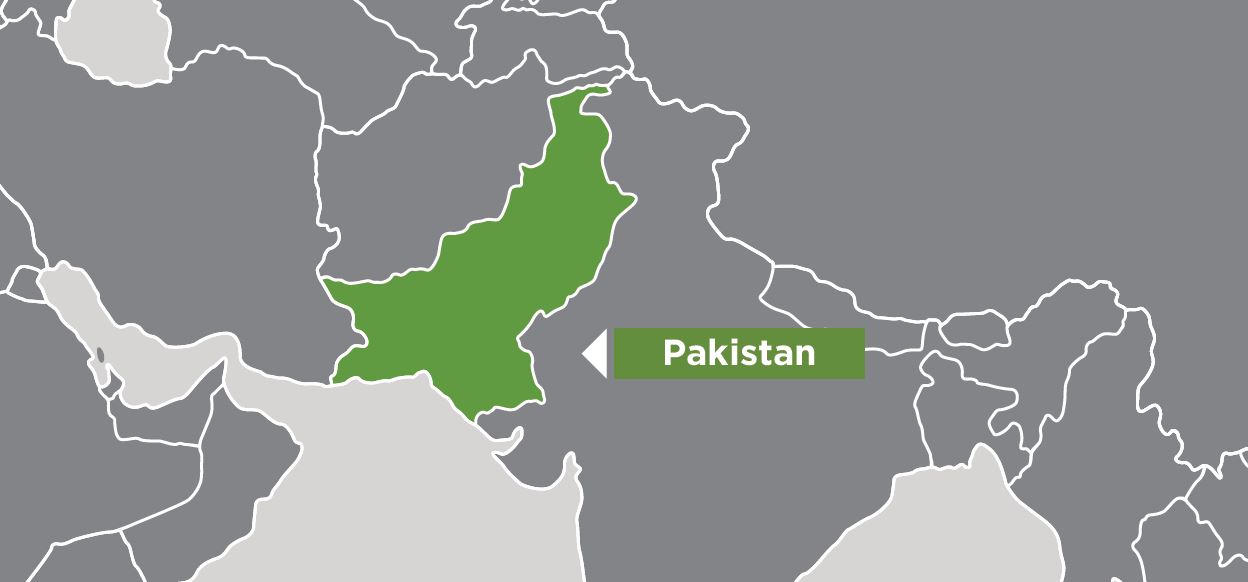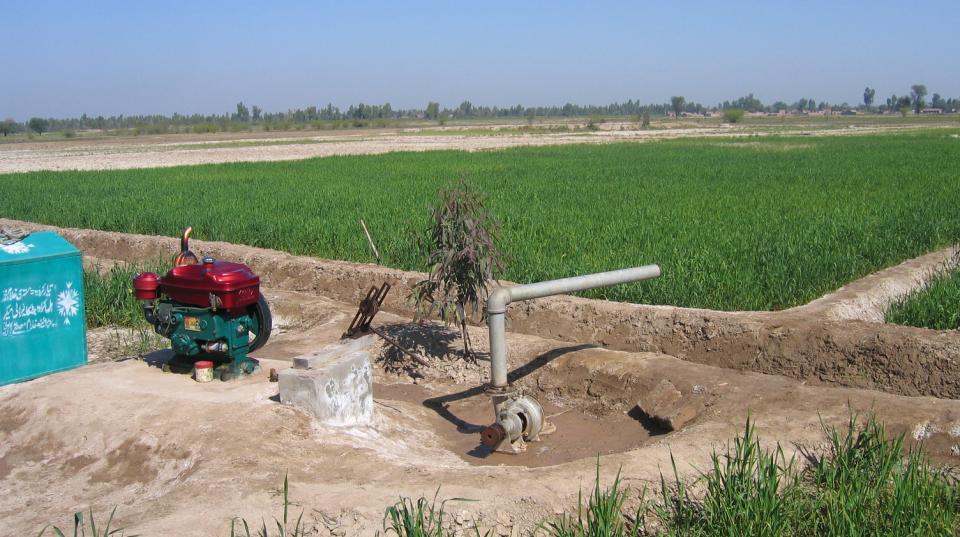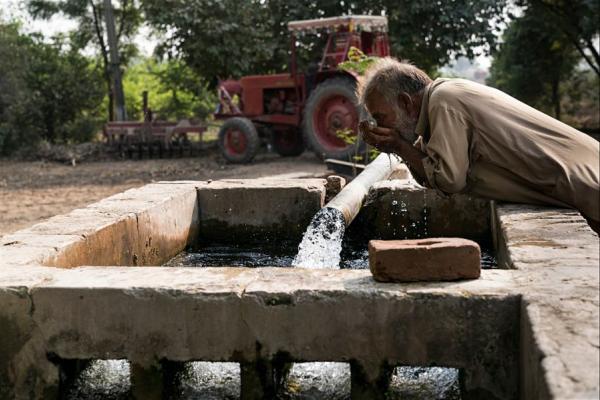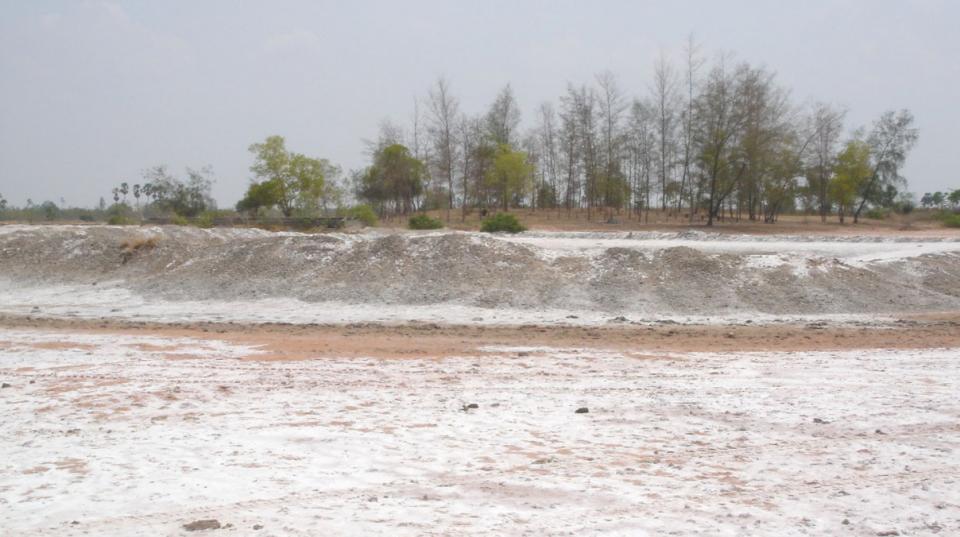Overview
This project aimed to build capacity of researchers, farmers, farming communities and relevant government and non-government agencies to improve groundwater management in ways that enhance farming family livelihoods in Pakistan. Building capacity means building skills, knowledge and confidence, and providing relevant tools and processes.
Pakistan’s population of over 180 million relies heavily on agriculture, which contributes 21 percent of the country’s Gross Domestic Product and more than 40 percent of its employment. Around 95 percent of the country’s water consumption is used for agriculture, and the pressure on available resources is increasing.
Surface water supply is variable, particularly for farmers at the tail end of canals and distributaries in Sindh and Punjab provinces. Dependence on groundwater has increased with over one million tube wells in use. Groundwater decline and spread of salinisation is rendering fertile lands unusable.Electricity subsidisation, inefficient irrigation practices and lack of regulation exacerbates groundwater over-extraction. Lack of monitoring, awareness, and other socio-political constraints compound the challenge of pursuing productive and sustainable groundwater use.
This project was a collaboration through partnerships to address the complexity of achieving effective and fair groundwater management. Building capacity means building skills, knowledge and confidence, and providing relevant tools and processes.
Project outcomes
- Farmers, farming organisations and partner non-government organisations have started introducing improved groundwater management practices.
- Government agencies in Pakistan have started developing/ demonstrating improved groundwater-related planning, monitoring, management strategies, options and policies.
- Relevant provincial-level government agencies, non-government organisations and farming organisations have developed effective partnerships for ongoing discussion on groundwater management issues and solutions.







